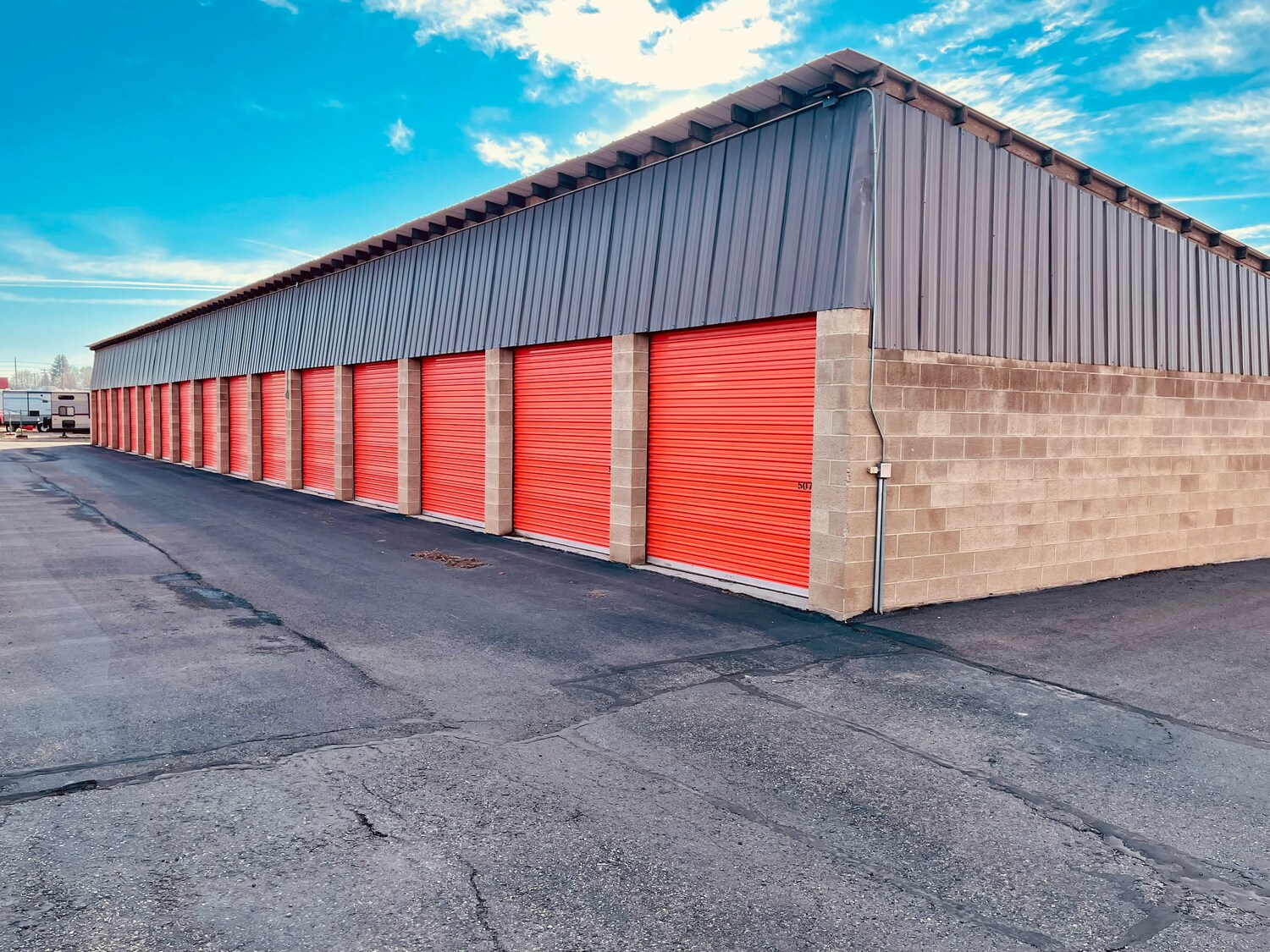Renting a storage unit seems simple enough: find a facility, sign a contract, and start storing your stuff. But countless people learn too late that this process is full of hidden risks and unexpected costs. Whether you’re downsizing, moving, or just decluttering, it’s easy to fall into common traps that can leave you overpaying, losing your possessions, or facing serious headaches down the line.
If you’re considering renting a storage unit or already have one, you might be making mistakes without even realizing it. Here’s what you need to know to avoid turning your storage solution into an expensive disaster.
Choosing the Cheapest Option Without Research
Many renters focus solely on price when picking a storage facility, assuming all units are the same. This approach often leads to unpleasant surprises later. Cheap facilities may lack basic security measures such as gated access, cameras, or on-site staff. Others may have hidden fees buried in their contracts, making your “bargain” rate far more expensive over time.
Low-cost units may also suffer from poor maintenance, including pest infestations, leaky roofs, or inadequate ventilation that can damage your belongings. Without careful research, you risk sacrificing safety and quality for short-term savings that may cost you more in the long run.
Ignoring the Fine Print in the Rental Agreement
Storage unit contracts are often filled with dense legal language, but many renters sign without reading the fine print. This is one of the most common and costly mistakes people make.
Some agreements include automatic rent hikes after the first few months, lockout fees for late payments, or limits on the types of items you can store. Others may require specific types of locks or carry unusual rules about access hours. Missing these details can leave you trapped in a contract that becomes increasingly expensive or restrictive over time.
Always review the rental agreement carefully, and don’t hesitate to ask questions about anything that’s unclear before signing.
Underestimating the Space You Need
Many renters underestimate how much space their items will require, leading to two possible problems. First, if you rent too small a unit, you may need to cram items dangerously or rent an additional space, both of which can damage your belongings and drive up your costs.
On the other hand, renting too large a unit wastes money every month on unused space. Storage companies often encourage renters to size up “just in case,” but it’s important to take careful measurements and create an inventory before selecting a unit. If you’re unsure, visiting the facility in person and visualizing the space can prevent costly sizing mistakes.
Failing to Insure Your Belongings
Many people assume that their homeowner’s or renter’s insurance automatically covers stored items, but this is not always true. Even when policies do extend coverage to storage units, they often exclude certain risks, such as flooding or rodent damage.
Without proper insurance, you could lose everything in the event of theft, fire, or natural disaster. Some storage companies offer insurance plans, but these may be limited in scope or overpriced. Before signing a rental agreement, verify what coverage you already have and consider purchasing a specialized storage insurance policy if necessary.

Storing Items That Can’t Handle Storage Conditions
Not everything belongs in a storage unit, especially long-term. Many renters mistakenly store items sensitive to temperature and humidity, such as electronics, antiques, artwork, or important documents, without considering the environmental conditions.
Unless you’re renting a climate-controlled unit, temperature fluctuations can cause severe damage, including mold growth, warping, or electrical failures. Even in climate-controlled units, certain items may degrade over time. It’s essential to research the specific storage needs of your belongings and rent accordingly, or risk irreversible damage.
Poor Packing and Organization Inside the Unit
Another common mistake renters make is failing to organize their storage unit properly. Haphazardly stacked boxes, uncovered furniture, and unmarked containers can make accessing your items nearly impossible and lead to damage.
Heavy items placed on top of fragile ones, a lack of protective covers, and poor weight distribution are frequent issues that result in broken or crushed possessions. Before moving anything into the unit, take time to pack with care. Label boxes clearly, disassemble furniture if needed, and create clear walkways to access stored items safely.
Overlooking Security Risks
Many people mistakenly assume that all storage units are secure, but security levels vary widely between facilities. Failing to ask about safety measures can put your possessions at risk.
Basic protections such as keypad entry, surveillance cameras, and perimeter fencing are crucial. Additionally, inquire about on-site staff presence, lighting, and individual unit alarms if available. Even with strong security features, your choice of lock matters. Cheap locks can be easily bypassed, so investing in a high-quality disc lock or cylinder lock is a small price for added peace of mind.
Forgetting to Plan for Access Costs and Convenience
Finally, renters often forget to consider how frequently they’ll need to access their unit and what it will cost. Some facilities charge extra for extended access hours or limit access to business hours only, which can make retrieving items frustrating.
Additionally, distance plays a role. A cheaper facility located far from home might seem like a good deal at first, but frequent trips for seasonal items, business inventory, or documents can quickly become a logistical nightmare. Always weigh convenience alongside price to avoid making storage more difficult and expensive than necessary.
How to Avoid Expensive Mistakes When Renting a Storage Unit
Renting a storage unit can solve many short-term space problems, but it can also lead to costly headaches if you’re not careful. From overlooking contracts and skimping on security to storing the wrong items in poor conditions, these common mistakes often result in damaged belongings, escalating fees, or wasted time and money.
Before signing a rental agreement, take the time to research facilities thoroughly, compare units, and plan for both security and long-term costs. A little preparation can prevent the most common and expensive storage unit mistakes.
Have you ever had a bad experience renting a storage unit? What do you wish you had known beforehand?
Read More:
Is Minimalism Just a Trend for Privileged People With Storage Units?
9 Red Flags in a Rental Agreement You Should Never Ignore
Read the full article here
















